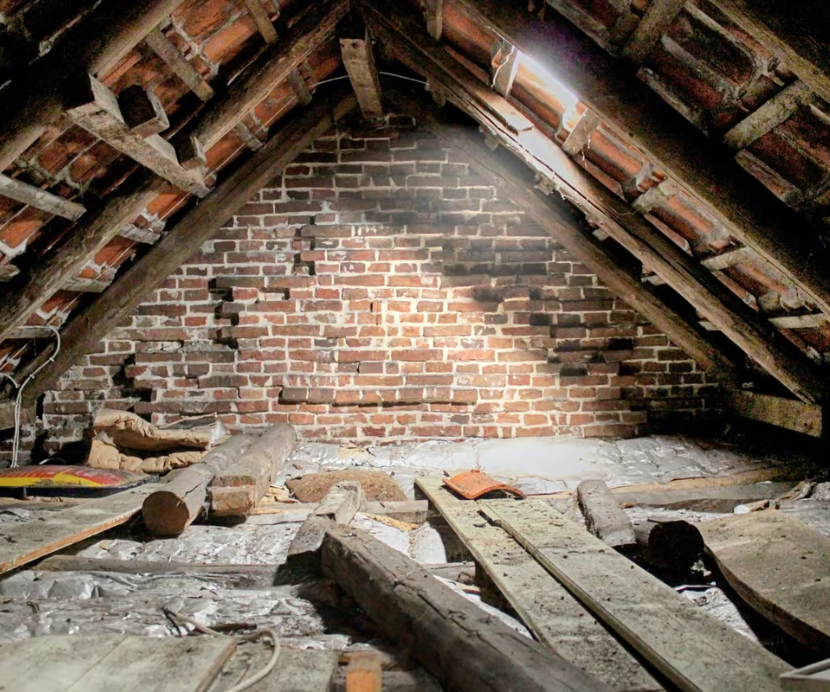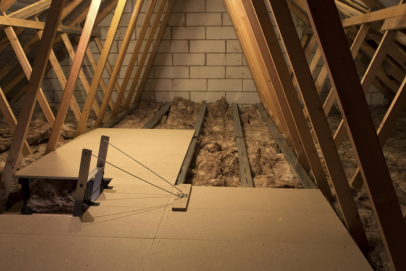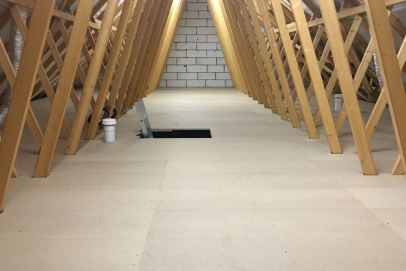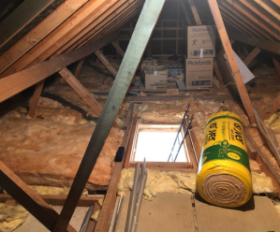
Installing central heating in your home for the first time is a transformative decision. It not only ensures consistent warmth but also increases the value of your property and improves energy efficiency.
Why Choose Central Heating?
Enhanced Comfort
Central heating provides uniform warmth throughout your home, eliminating cold spots and creating a cosy living environment during the colder months.
Improved Energy Efficiency
Modern central heating systems are designed to be energy-efficient, reducing your energy consumption and lowering utility bills.
Increased Property Value
Homes with central heating are more appealing to buyers, making it a worthwhile investment if you plan to sell in the future.
Better Air Quality
Central heating systems with proper filtration reduce dust, allergens, and pollutants, contributing to a healthier indoor environment.
Convenient Control
With programmable thermostats and smart controls, central heating systems allow you to manage your home’s temperature easily and efficiently.


Main Services
Components of a Central Heating System
Boiler
The boiler is the heart of the system, heating water to circulate through radiators and pipes.
Common types include combi, system, and conventional boilers.
Common types include combi, system, and conventional boilers.
Radiators
Radiators distribute heat throughout the home.
Available in various styles and sizes to suit your interior design.
Available in various styles and sizes to suit your interior design.
Pipework
Pipes transport hot water from the boiler to radiators and back.
Typically made of copper or plastic.
Typically made of copper or plastic.
Thermostat and Controls
Thermostats regulate the temperature, ensuring efficient energy use.
Advanced options include smart thermostats with remote access.
Advanced options include smart thermostats with remote access.
Hot Water Cylinder (Optional)
Required for system and conventional boilers to store hot water for later use.
Factors to Consider Before Installation
Type of Boiler
Assess your home’s heating and hot water needs to choose the right boiler.
A professional heating engineer can guide you.
A professional heating engineer can guide you.
Size of Your Home
Larger homes may require a more powerful boiler and additional radiators.
Smaller homes might benefit from a compact combi boiler.
Smaller homes might benefit from a compact combi boiler.
Energy Efficiency
Look for boilers with high energy efficiency ratings to maximise savings and reduce carbon emissions.
Budget
Consider the upfront cost of installation and potential savings on energy bills.
Financing options may be available for your new heating system.
Financing options may be available for your new heating system.
Professional Installation
Ensure your system is installed by Gas Safe registered engineers to meet safety and regulatory standards.
The Installation Process
Assessment and Planning
A heating professional assesses your property to design a system tailored to your needs. This includes determining the number of radiators, pipe layout, and boiler placement.
Choosing the Components
Select a boiler, radiators, and thermostat based on your preferences and budget. The engineer will provide recommendations.
Installation
The boiler is installed in a suitable location, often the kitchen, utility room, or loft.
Radiators and pipework are fitted throughout the home.
Thermostat and controls are installed and configured.
Radiators and pipework are fitted throughout the home.
Thermostat and controls are installed and configured.
Testing and Commissioning
The system is tested for efficiency and safety. The engineer provides instructions on operating and maintaining your new heating system.
FAQ
Installation typically takes 3-5 days, depending on the size of the property and complexity of the work.
No, planning permission is not required for central heating installation in most cases.
No. Installation must be carried out by a qualified Gas Safe registered engineer.
Annual servicing is recommended to maintain efficiency and safety.
Yes, schemes like the Energy Company Obligation (ECO) may provide financial assistance.


